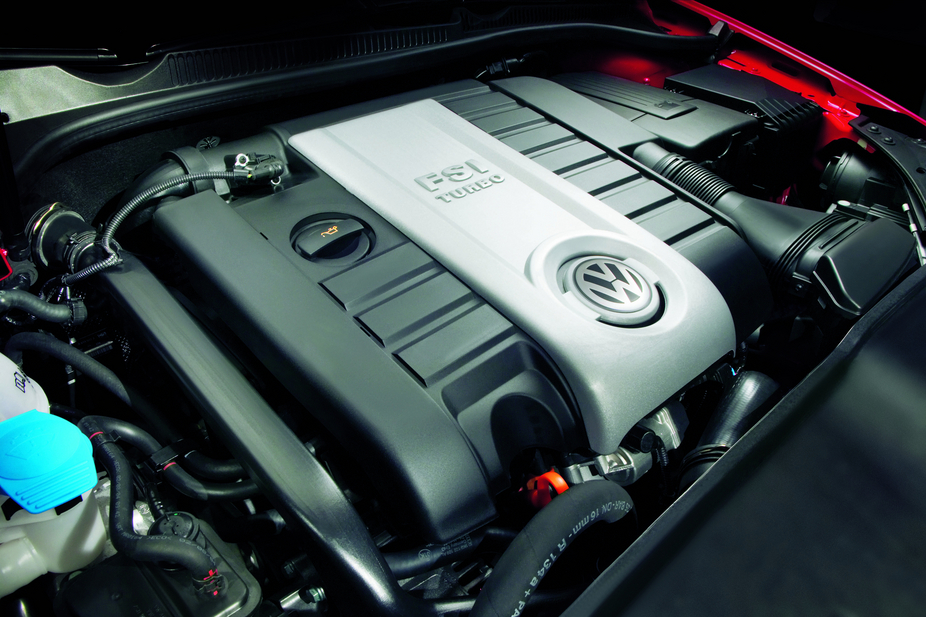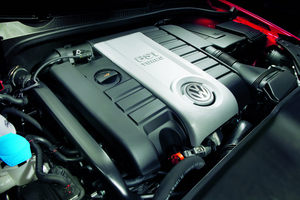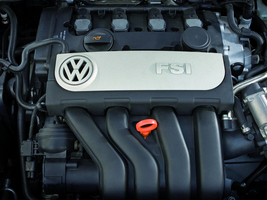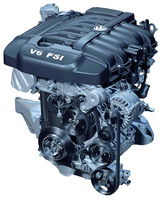|
Send this page to a friend! Fill in the form bellow | ||
Reports and Studies
Direct Injected Petrol Engines May be More Harmful Than Thought
A German study suggests that they produce more particulates
The independent vehicle testing agency TÜV Nord in Germany has completed a curious study regarding modern direct injected petrol engines. It found that direct injected petrol engines emit about 1,000 times more particles than non-direct injected petrol engines. They also produce about 10 times more particles than direct injected diesel engines.
Direct injected engines have proliferated across cars in the last decade because of the technology’s ability to increase power, improve fuel economy and decrease CO2 emissions. In a direct injected engine, fuel is injected directly into the combustion chamber, rather than fuel and air mixing before the intake valve in conventional fuel injection systems. In small engines, every increase in efficiency is vital, and direct injection is one of the major reasons that modern, small turbocharged engines have been a success.
TÜV Nord and the EU lobby group Transport & Environment completed the study of direct injected engine and found that they emit about ten times more particles than direct injected diesels. The higher pressure within the cylinders causes the increase in particles, according to the report. The solution according to the organizations is to fit particulate filters similar to what direct injected diesel engines use.
Transport & Environment claims that the filters would cost €50 to fit and says that air pollution contributes to the deaths of 406,000 people in Europe each year.
Source: Automotive News Europe
Contribute
latest articles


popular articles








